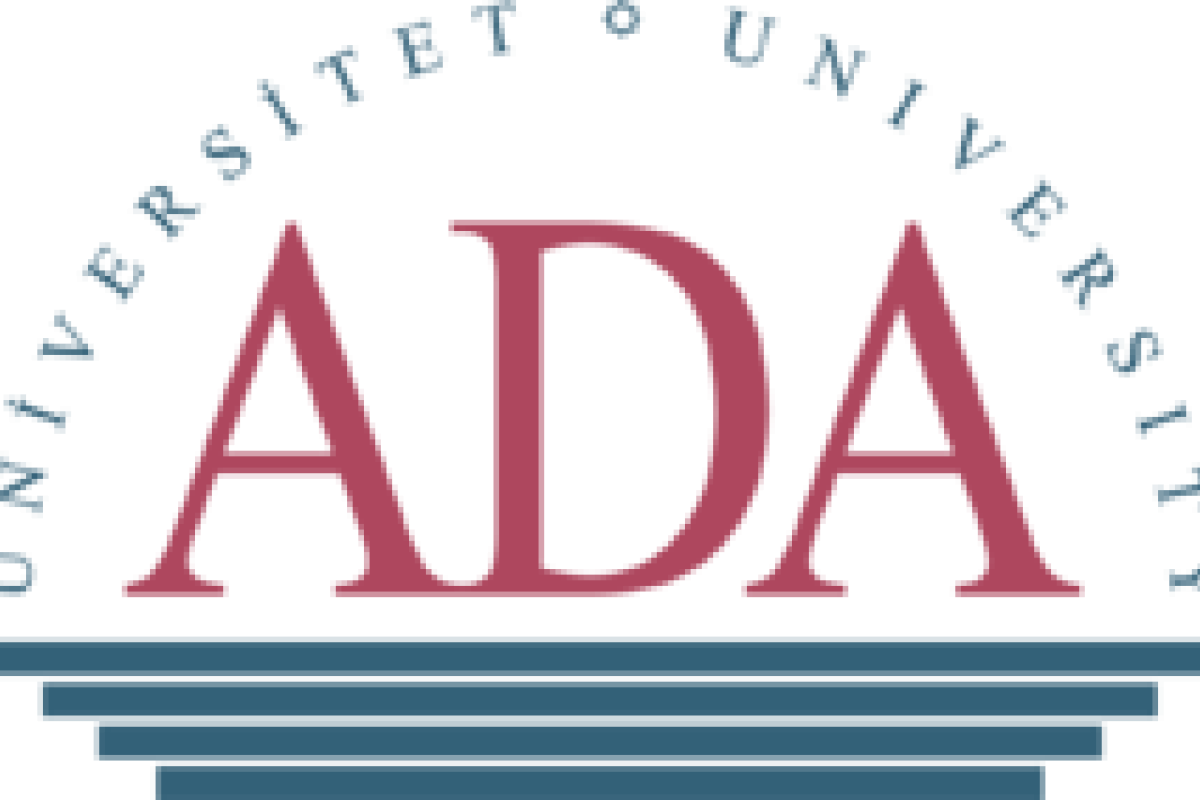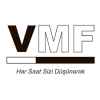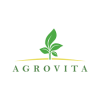ADA University

Şirkət haqqında:
ADA University was established under the decree dated January 13th, 2014, by the President of the Republic of Azerbaijan. The University is a state higher education institution engaged in the delivery of undergraduate and graduate degree programs in addition to the advancement of research.
The University is the legal heir of the Azerbaijan Diplomatic Academy (ADA) and Information Technologies University. They were merged in January 2014 to establish ADA University.
Founded on March 6, 2006, the Azerbaijan Diplomatic Academy began offering an Advanced Foreign Service Program to diplomats of the Ministry of Foreign Affairs and civil servants in the government, as of January 2007. The Academy launched its first master degree in September 2009, followed by bachelor degrees in September 2011.
Əlaqə vasitələri:
Assistant / Associate Professor in Agricultural and Food Economics and Policy, SAFS
Brief description of responsibilities:
Principal responsibilities include teaching undergraduate and master courses. Candidates must have a potential or demonstrated commitment to teaching excellence, scholarly research and publication in peer reviewed journals, and academic engagement.
Qualifications:
Candidates for Adjunct and Assistant Professor must have a Ph.D. in Agricultural and Food Economics and Policy or related fields in hand from an accredited institution or have an anticipated completion date of August 1, 2025 or sooner from an accredited institution.
Candidates for Associate Professor must have a Ph.D. and evidence of quality scholarship.
The information provided below are purely indicative and intended to offer a clearer understanding of the position
Details of the job position
- Programme: Bachelor in Agricultural Technologies
- Bachelor in Food Technologies
- Master in Agricultural and Food System Management
- Year: 1st
- Disciplinary Area: Agricultural and Food Economics
- Courses (tbc): Agricultural and Food Economics
- Semester: Tbc
- Start date: Tbc
Description of the Disciplinary Area
Agricultural and Food Economics applies economic theory and quantitative methods to the analysis of the production, distribution, consumption, and disposal of food and agricultural products. It addresses key issues such as resource allocation, food security, market efficiency, sustainability, and the impacts of policy. The field covers a broad range of areas, including farm management, agribusiness, consumer behavior, marketing, trade, the bioeconomy, and rural development. Its insights inform evidence-based policymaking and contribute to sustainable development and efficient food systems at both local and global levels.
Related programme and courses
Agricutural Technologies
- The Bachelor in Agricultural Technologies is inspired by research and designed jointly with public authorities, private companies and local communities to respond to crucial challenges that affect the sustainability of future agri-food systems. The programme aims to equip students with skills and knowledge to develop a holistic understanding of the complexity of the agricultural sector with an extensive knowledge of the biotic and abiotic factors governing the processes of food and non-food agricultural production systems, competencies to identify pathogenic agents and parasites, to evaluate product quality and to assess economic, environmental and social impacts.
- The three-year program is characterized by a strong interdisciplinary approach. The first year provides the disciplinary foundations of botany, chemistry, genetics, economics, mathematics and statistics, physics. The second and the third year ensures an in-depth understanding of production of crop and tree species, plant diseases and protection, agricultural machinery, hydraulics and agricultural water management, soil protection and amelioration, sustainability impact assessment, innovation development and deployment, use and management of new technologies.
- Training through internships and practical work in experimental fields and greenhouses bridges theory with real-world applications, preparing graduates for agricultural sector challenges.
- The overall ambition of the programme is to build experts and professionals who will contribute and drive the transformation of the agri-food system to become more sustainable, resilient, equitable and healthy.
Food Technologies
- The Bachelor in Food Technologies is inspired by research and designed jointly with public authorities, private companies and local communities to respond to the crucial societal challenges characterizing the food system. The programme aims to equip students with skills and knowledge to address food safety and security, food quality, sustainability in food production and consumption, nutrition and health, supply chain management, innovation development and deployment, and use and management of new technologies.
- The three-year program is characterized by a strong interdisciplinary approach. The first year provides the disciplinary foundations of biology, chemistry, economics, mathematics and physics. The second and the third years ensure an in-depth understanding of food microbiology, food technology, law, business management, and consumer behavior. Practical training through internships and labs bridges theory with real-world applications, preparing graduates preparing graduates for challenges in the food sector.
- The overall ambition of the programme is to train experts and professionals who will contribute to and drive the transformation of the food system to become more sustainable, resilient, equitable and healthy.
Master in Agricultural and Food System Management
- The Master's Degree in Agricultural and Food System Management is a two-year program designed with an interdisciplinary approach and an international perspective. It is a multidisciplinary curriculum focused on agricultural and food economics, offering a blend of analytical and quantitative skills with an emphasis on management, policy, and practices within the agri-food sector. The program fosters connections between various fields of knowledge, all centered around the sustainability of agricultural and food systems. Its ambition is to train future decision-makers to address real-world management challenges in international contexts and diverse organizational settings.
Potential courses related to the position
Agricultural and Food Economics
The course aims at providing students with theoretical tools to analyse the main dynamics of the economic system. At the end of the course, students will be able to:
- understand the basic references to interpret the specificities of agriculture and its evolution within the different economic systems. He/she can understand the meaning of the elements that characterize the economic sciences,
- understand the variables that influence the formation of prices in competitive markets. He/she critically understands the meaning of supply and demand shifts and identify the interpretative and application potential of the acquired notions,
- understand the different theoretical approaches on production and can identify the specificities of agricultural production, also for solving management issues in competitive agricultural enterprises. He/she can understand the notion production cost and its components. Finally, he/she can understand the characteristics and specificities of agricultural markets,
- knows the basic elements of the economy of well-being and can recognize the reasons for public intervention. He/she can recognize the characteristics of public goods, collective resources, and meritorious assets, as well as cases of market failure,
- understands the basics of macroeconomics and the flows that characterize it. He/she can define the basic concepts related to national product and national accounts, price index and inflation.
Horticultural system management and economics
The course is aimed at providing the essential knowledge on the institutions, functions and mechanisms of interaction occurring in agricultural and food markets, as well as on marketing management practice and on performance measurement in agri-food businesses. At the end of the course, students will be able to:
- evaluate capital investment projects;
- interpret and analyse financial statements;
- analyse financial performance of firms;
- understand accounting;
- understand the analysis of the main features of agri-food markets.
Send letter of application (max 1 page), curriculum vitae, portfolio of selected students’ works (if available), list of publications and link/PDF to maximum three papers, summary of teaching evaluations (if available), and contact information of three references to the e-mail address in the Apply for job button.































 Mobil:
Mobil:  Web:
Web:  Əlaqələri yadda saxla
Əlaqələri yadda saxla
 ADA University
ADA University